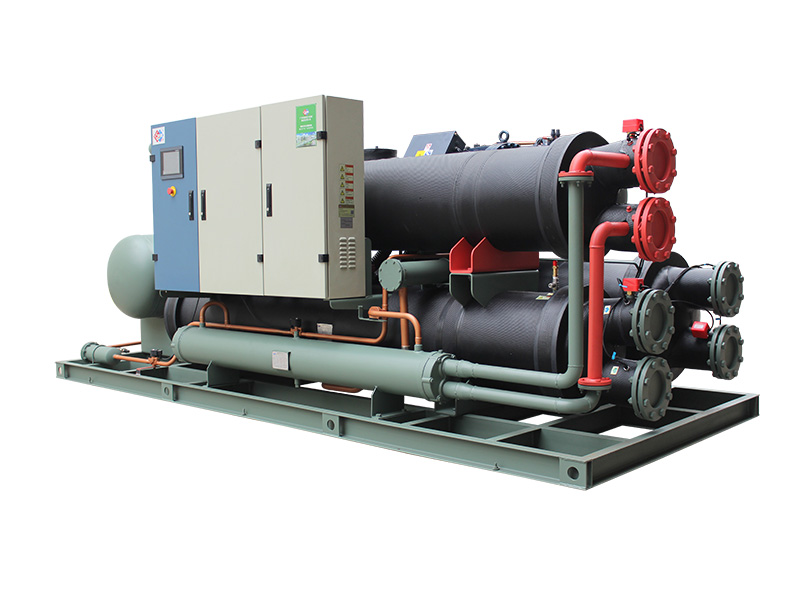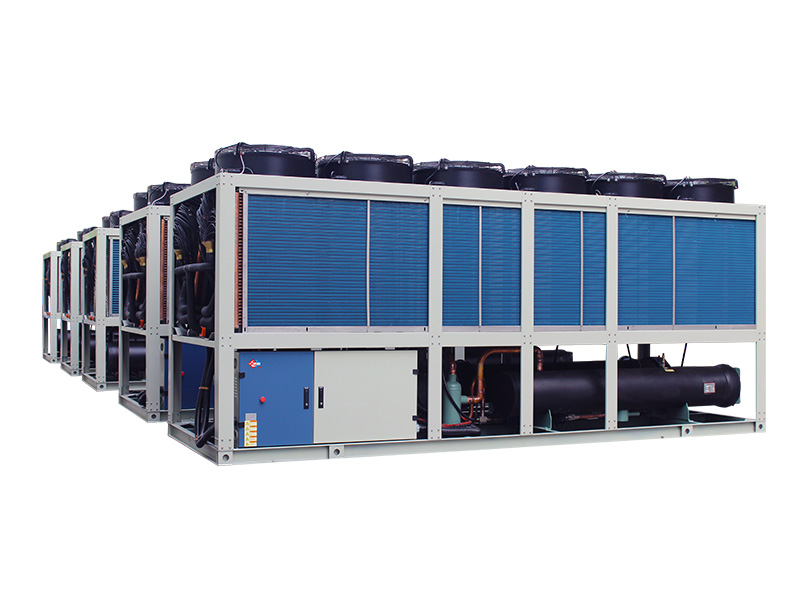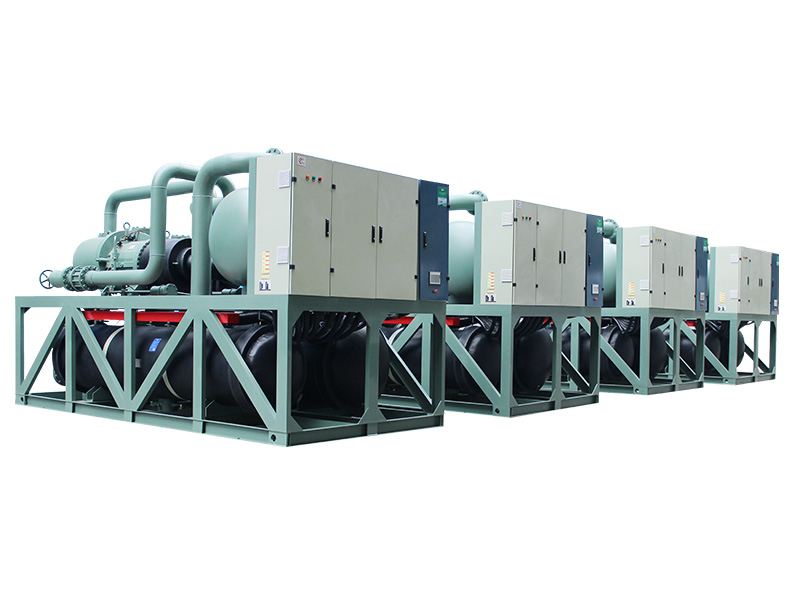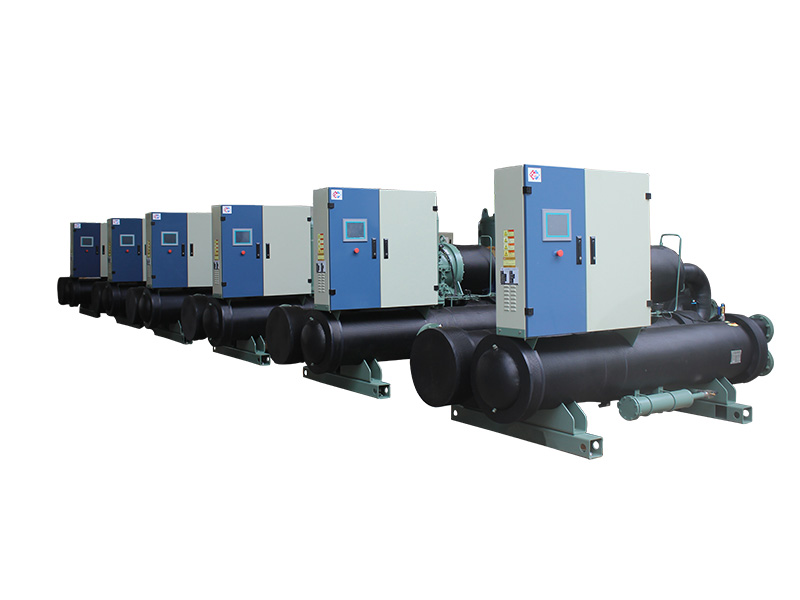For users in the industrial sector considering the installation of a cooling system, noise levels are an important consideration. In this blog post, we will explore the topic of heat pump noise and address common questions such as how noisy heat pumps are, how much noise they actually make, and where the noise originates from. By understanding these aspects, users can make informed decisions regarding the use of heat pumps in their industrial applications.

One common concern among users is whether heat pumps produce excessive noise. The answer is that modern heat pumps are designed to operate quietly, providing comfort without significant disturbance. Compared to older models, newer heat pumps feature improved technology and noise reduction measures, resulting in quieter operation. However, it's important to consider specific factors and noise levels may vary depending on various factors such as the brand, model, installation, and maintenance of the heat pump.


The compressor is an essential part of the heat pump system and can generate noise during its operation. Modern heat pumps are designed with noise reduction technologies to minimize compressor-related noise.
Heat pumps use fans to circulate air and maintain efficient operation. The fan motor can contribute to the overall noise output, especially if it's not properly balanced or if the fan blades are dirty or damaged. Regular maintenance and cleaning can help reduce fan motor noise.
The movement of air through the system and ductwork can also create some noise. Ensuring proper airflow, well-insulated ducts, and proper sealing of any air leaks can help minimize this type of noise.
H.Stars Group with 30+ years can help you with our advanced HVAC equipment, If you would like to learn more about high-temperature heat pumps, please leave your inquiry on our website, and our sales team will contact you as soon as possible.

Previous :
How to Build an Ice Skating RinkNext :
What Size Heat Pump Do I NeedCategories
New Blog
Copyright © 2015-2026 H.Stars (Guangzhou) Refrigerating Equipment Group Ltd.
/ Blog / Sitemap / XML / Privacy-policy